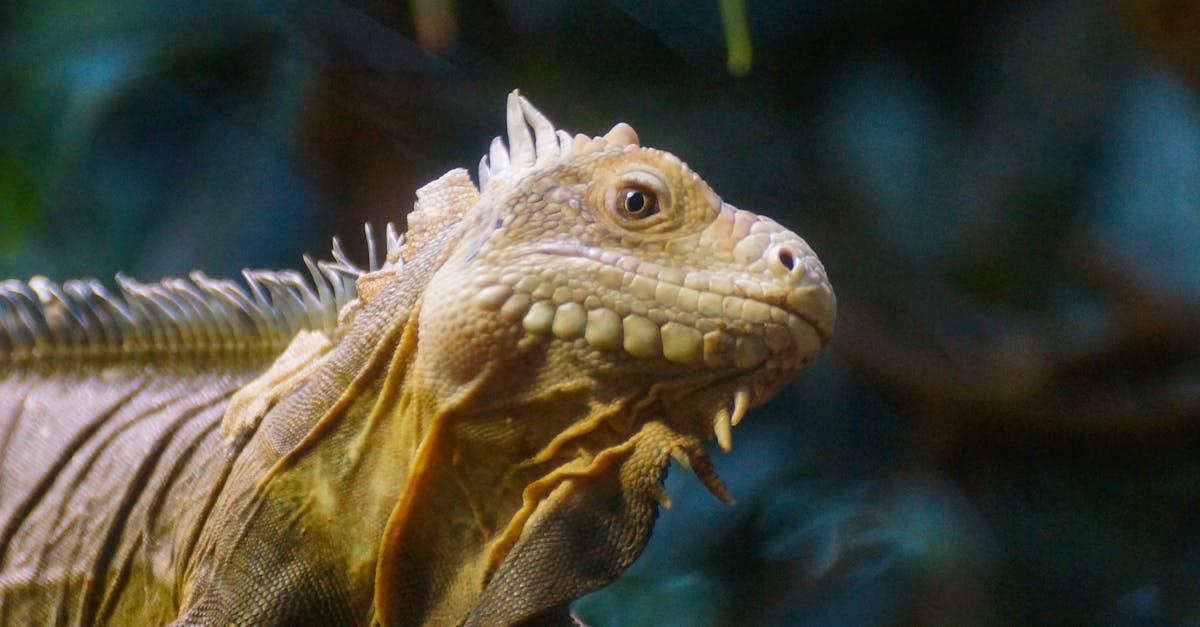A Wild Idea That Might Not Be So Wise
Ever wonder why keeping a pet feels like adding a new chapter to your life’s story? I’ve often thought about this as I watch my neighbour’s parrot mimic the doorbell. It’s no surprise that unique pets have a certain allure. They’re like living, breathing conversation starters. But what if I told you that owning exotic pets, especially from places like the Amazon, could be more challenging than you think? Let’s dive into this fascinating topic.
The Allure of the Exotic
Picture This: A Jungle in Your Living Room
Imagine if you could transform a corner of your home into a mini-rainforest. Exotic pets like macaws, sloths, or even tiny poison dart frogs can make this dream a reality. It’s funny how the idea of having a piece of the Amazon in your home can be so tempting. From what I’ve seen, people are drawn to the vibrant colours, unique behaviours, and the sheer novelty of these creatures. But the reality is, there are significant risks involved.
Here’s a Story: The Case of the Mischievous Macaw
I’d like to share a story about a friend who bought a macaw from an online seller. The bird was beautiful, no doubt, with its brilliant blue and gold feathers. But within weeks, it became clear that this macaw was more than just a pretty face. It was loud, demanding, and had a penchant for chewing on anything it could get its beak on. My friend’s furniture, books, and even electrical cords weren’t safe. It hit me that owning such a pet wasn’t just about having a unique animal; it was about understanding and meeting its complex needs.
The Hidden Costs: More Than Just Money
The Financial Burden
You might find this helpful if you’re considering an exotic pet. The initial cost of purchasing an exotic animal is just the tip of the iceberg. Studies show that the long-term expenses can be staggering. Specialized diets, veterinary care, and appropriate housing can add up quickly. One thing I’ve learned is that these pets often require more financial investment than traditional pets.
The Time Commitment
If I had to guess, I’d say most people underestimate the time required to care for exotic pets. These animals often need more attention and enrichment activities to keep them healthy and happy. It’s interesting that many people think of exotic pets as low-maintenance, but the reality is quite the opposite. I’ve been there, trying to juggle work, family, and the needs of a demanding pet. Trust me, it’s a challenge.
Health Risks: For You and Your Pet
Zoonotic Diseases: A Hidden Danger
Interestingly enough, exotic pets can carry diseases that are transmissible to humans. These zoonotic diseases can range from mild to severe and can pose significant health risks. For example, reptiles can carry salmonella, which can be particularly dangerous for young children and the elderly. It goes to show that owning an exotic pet isn’t just about the animal; it’s also about safeguarding your health.
The Pet’s Health: A Fragile Balance
The thing is, many exotic pets are sensitive to changes in their environment. Temperature, humidity, and diet all play crucial roles in their well-being. I couldn’t help but notice how often exotic pets suffer from health issues due to improper care. In my own life, I’ve seen friends struggle to keep their exotic pets healthy, often leading to heartbreak and significant veterinary bills.
Ethical Considerations: The Bigger Picture
Conservation Concerns
Ever wonder why certain species are endangered? It’s often due to habitat destruction and illegal wildlife trade. By purchasing exotic pets, you might unknowingly contribute to these issues. It’s worth mentioning that many of these animals are captured from the wild, leading to a decline in their natural populations. To put it simply, owning an exotic pet can have far-reaching consequences beyond your home.
Animal Welfare: A Moral Dilemma
Here’s a thought: Is it ethical to keep a wild animal as a pet? I was just thinking about how these animals are meant to live in their natural habitats, not confined to a cage or tank. The stress and deprivation they experience can lead to behavioural issues and a shortened lifespan. Now that I think about it, the ethical implications are hard to ignore.
Practical Tips: If You’re Still Considering It
Do Your Research
One thing I’ve learned is the importance of thorough research. Before bringing an exotic pet into your home, make sure you understand its needs, behaviours, and potential challenges. It’s no surprise that well-informed pet owners are more likely to provide better care.
Legal Considerations: Know the Law
You may already know that owning certain exotic pets is illegal in some areas. Make sure to check local regulations to avoid legal issues. It’s interesting that many people overlook this step, only to face fines or have their pets confiscated.
Find a Reputable Source
If you’re determined to get an exotic pet, ensure you’re purchasing from a reputable breeder or rescue organization. Avoid buying from online sellers or pet stores that may source their animals from unethical suppliers. Here’s a story: A friend of mine bought a chameleon from an online seller, only to find out it was illegally imported and in poor health. It goes to show the importance of buying responsibly.
The Emotional Rollercoaster: Be Prepared
The Highs and Lows
Owning an exotic pet can be an emotional journey. The joy of having a unique companion can be offset by the stress and challenges of their care. I’ve learned that it’s crucial to be emotionally prepared for the ups and downs. Imagine if you had to deal with a sick pet or behavioural issues—would you be ready?
Support Systems: Don’t Go It Alone
You won’t believe how helpful it can be to join online forums or local groups of exotic pet owners. Sharing experiences and advice can make a world of difference. From what I’ve seen, having a support system can help you navigate the complexities of exotic pet ownership.
Final Thoughts: Is It Worth It?
Weighing the Pros and Cons
In my own life, I’ve often weighed the pros and cons of owning an exotic pet. While the idea is enticing, the practical and ethical challenges can be overwhelming. It’s funny how something that seems so appealing at first can turn out to be more complicated than expected.
Making an Informed Decision
To put it simply, owning an exotic pet is a significant responsibility that shouldn’t be taken lightly. If you’re still considering it, make sure you’re fully informed and prepared for the journey ahead. The key benefits of being well-prepared include a healthier pet, a happier home, and a clear conscience.
Take Action: What’s Next?
Educate Yourself
Start by reading up on the specific needs and challenges of the exotic pet you’re interested in. There are plenty of resources available online, including forums, articles, and expert advice.
Visit a Rescue Organization
Consider adopting from a rescue organization rather than buying from a pet store or online seller. This not only helps reduce the demand for wild-caught animals but also gives a needy pet a second chance.
Think Long-Term
Remember, owning an exotic pet is a long-term commitment. Make sure you’re ready for the financial, emotional, and ethical responsibilities that come with it.
In the end, the decision to own an exotic pet should be made with careful consideration and a full understanding of the risks involved. It’s a journey that can be incredibly rewarding but also fraught with challenges. So, before you bring a piece of the Amazon into your home, make sure you’re truly prepared for the adventure ahead. 🌿🐾





















